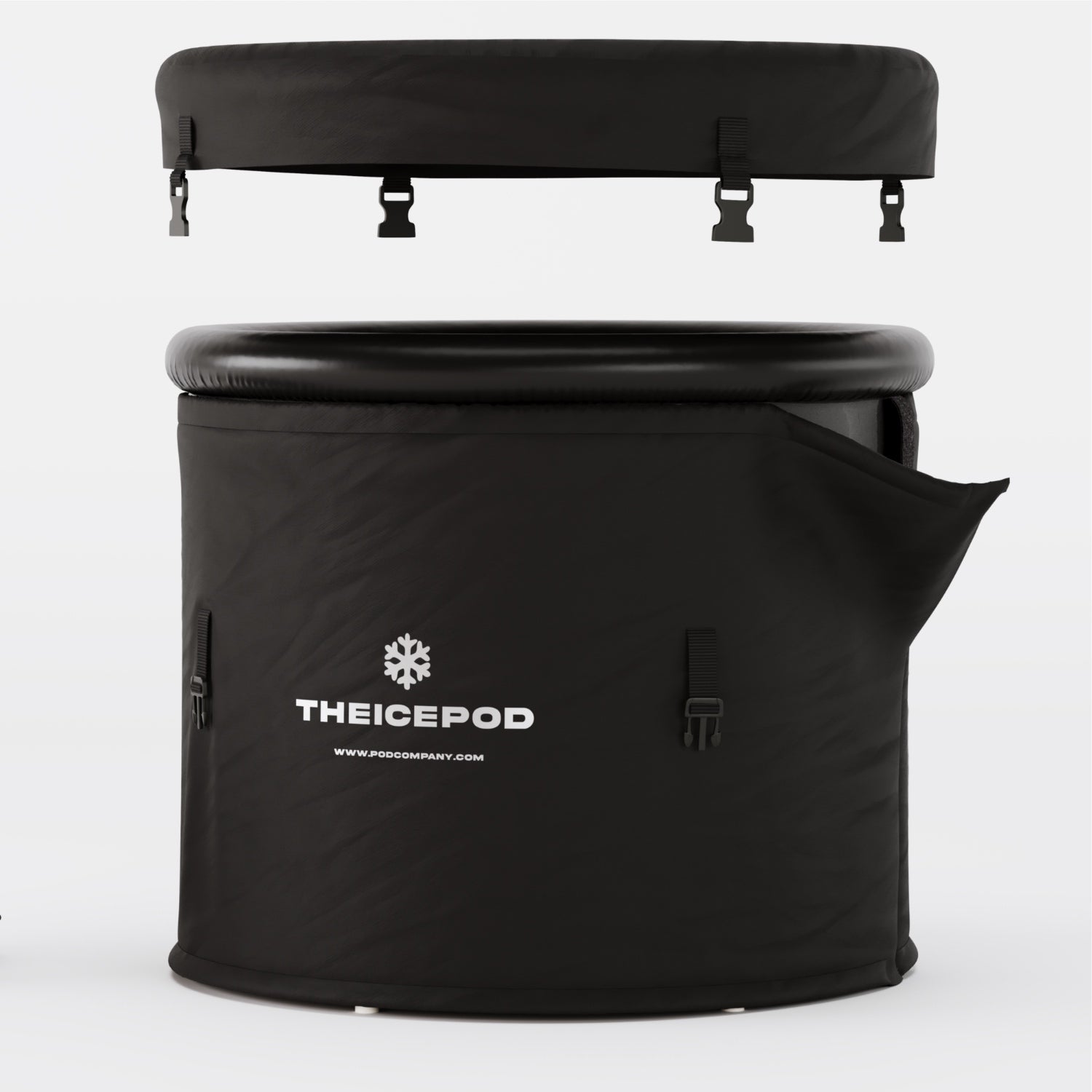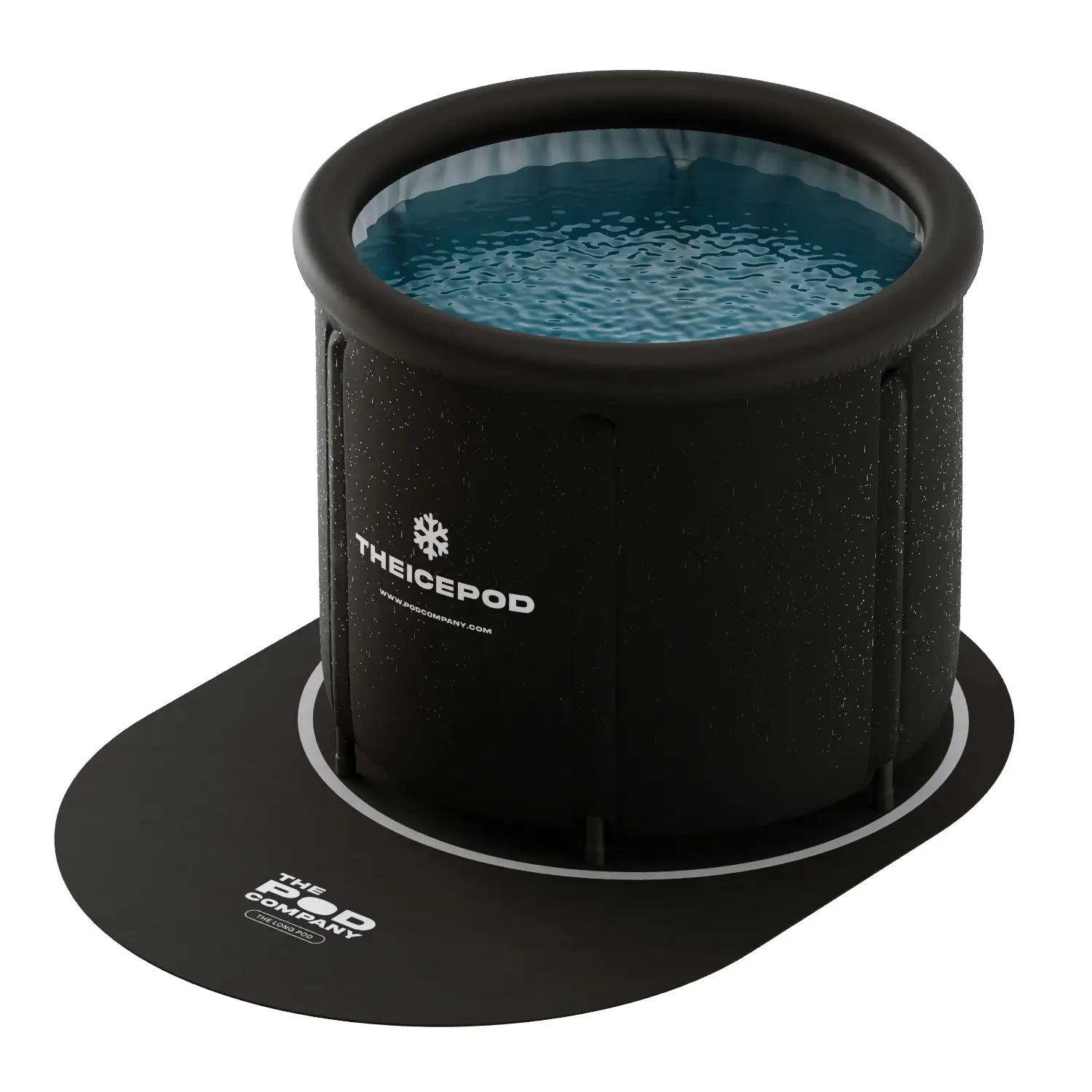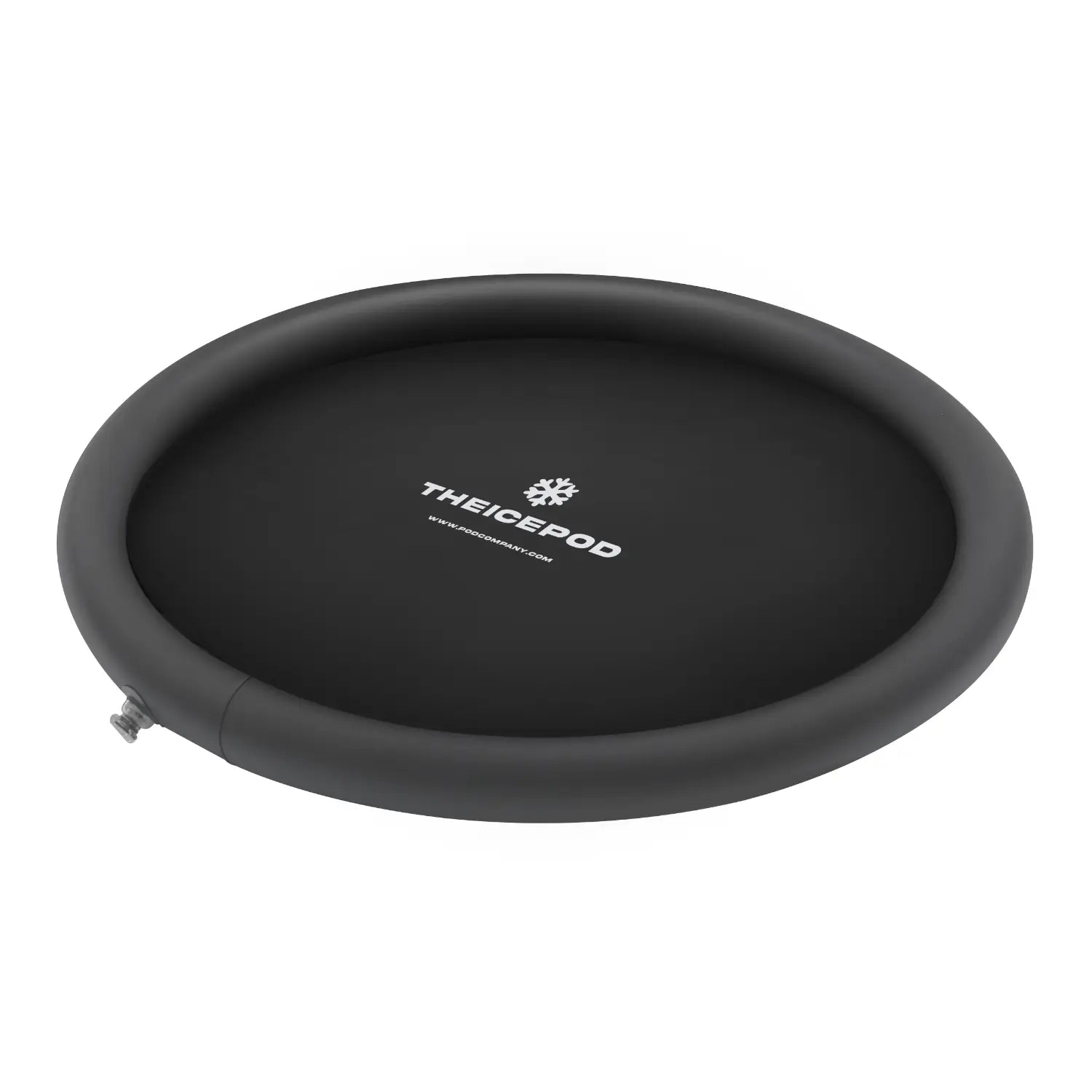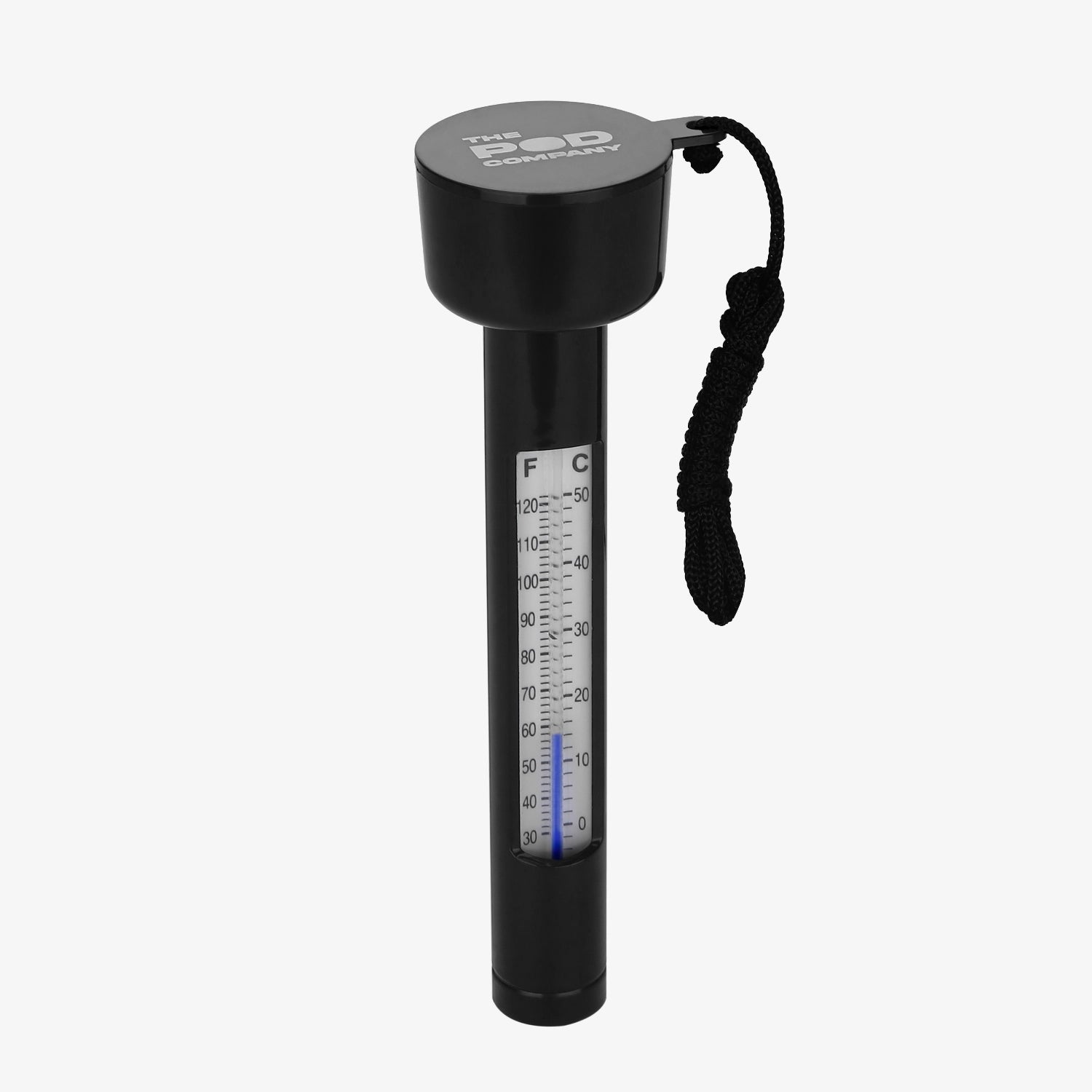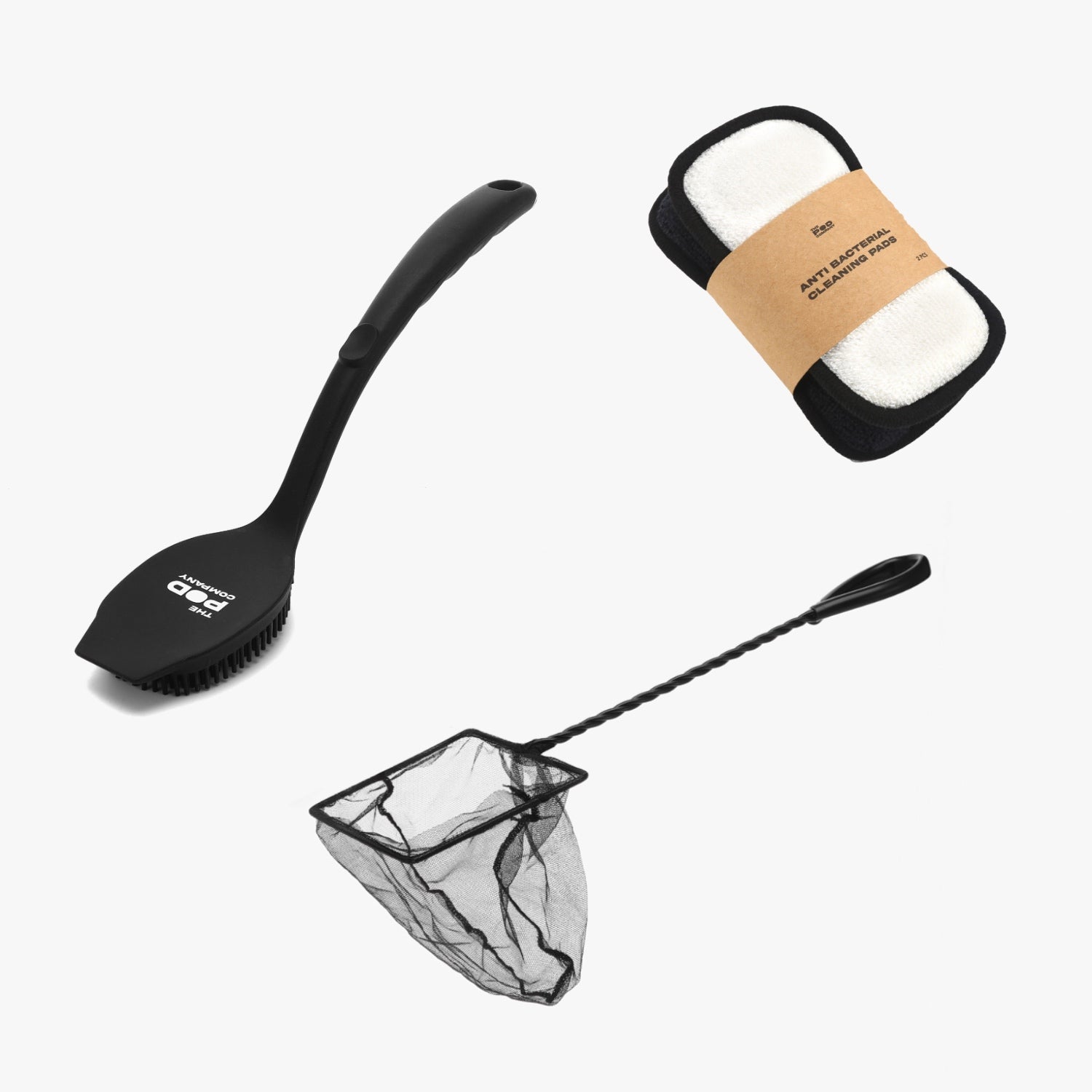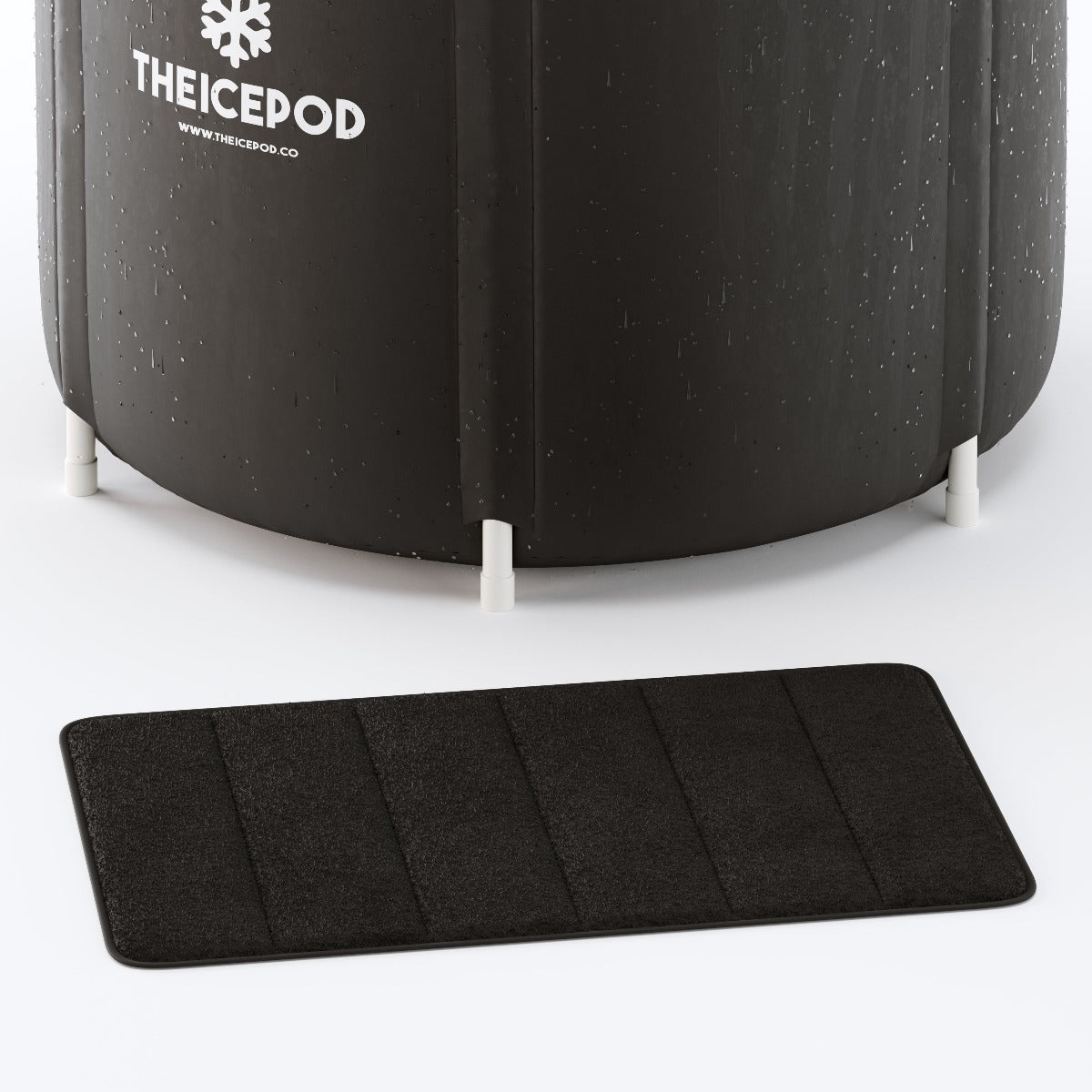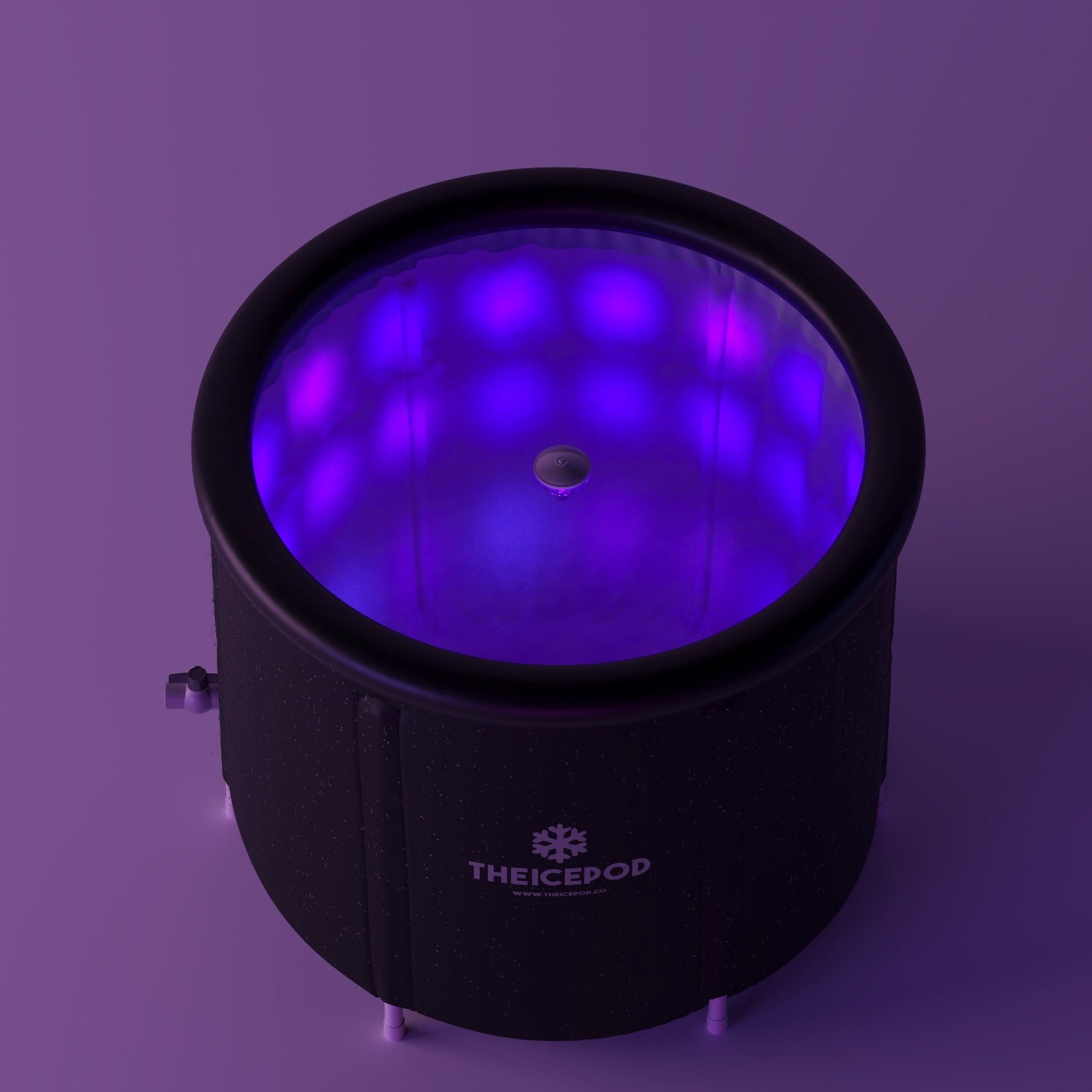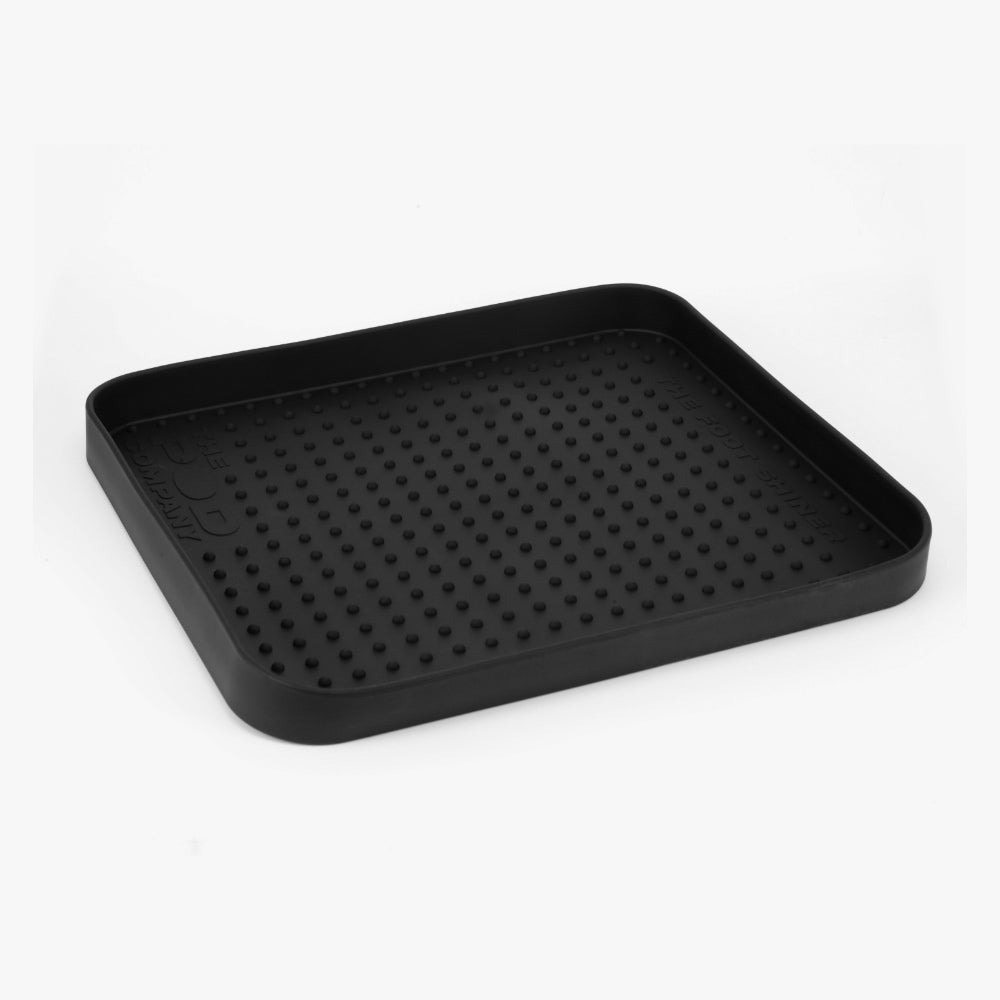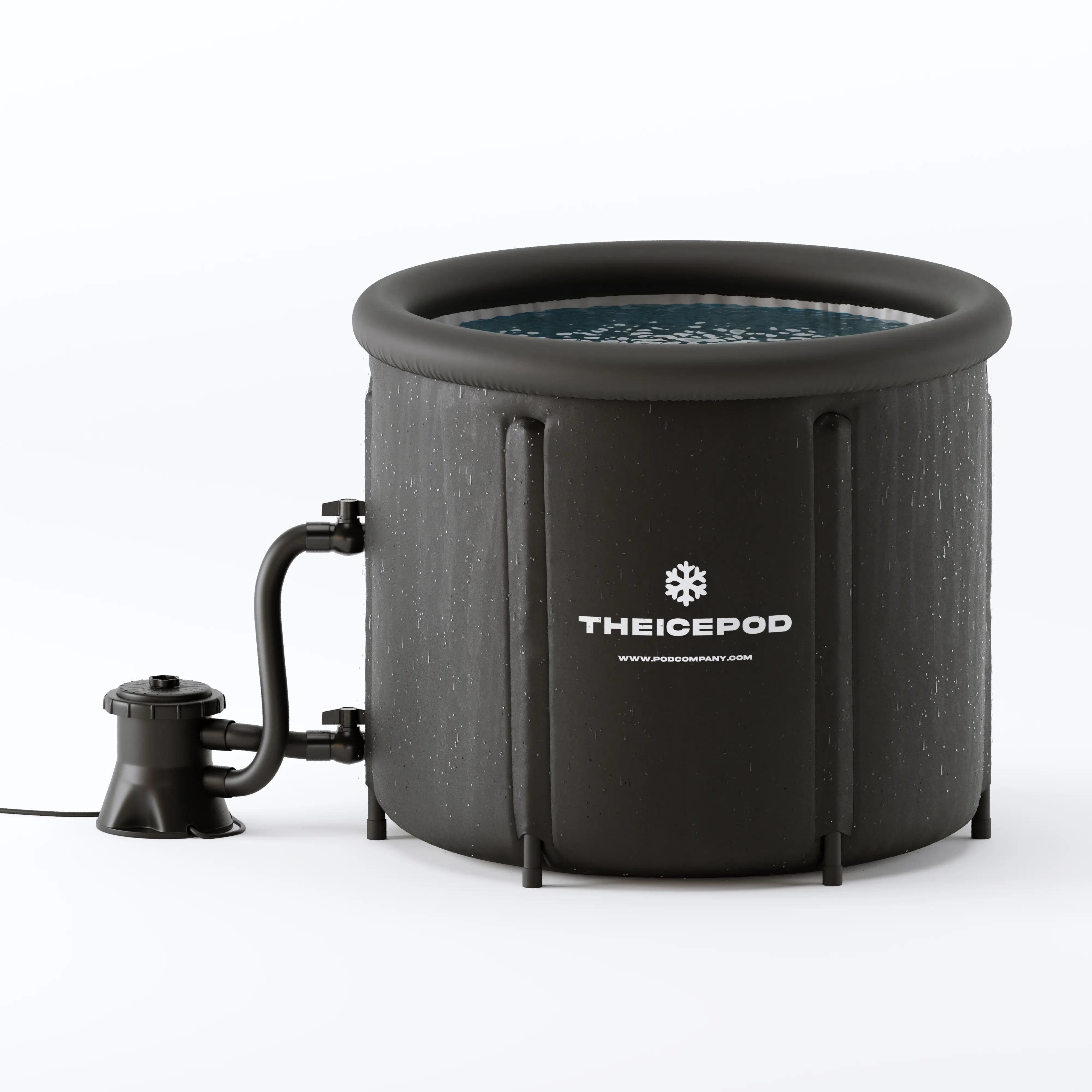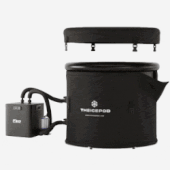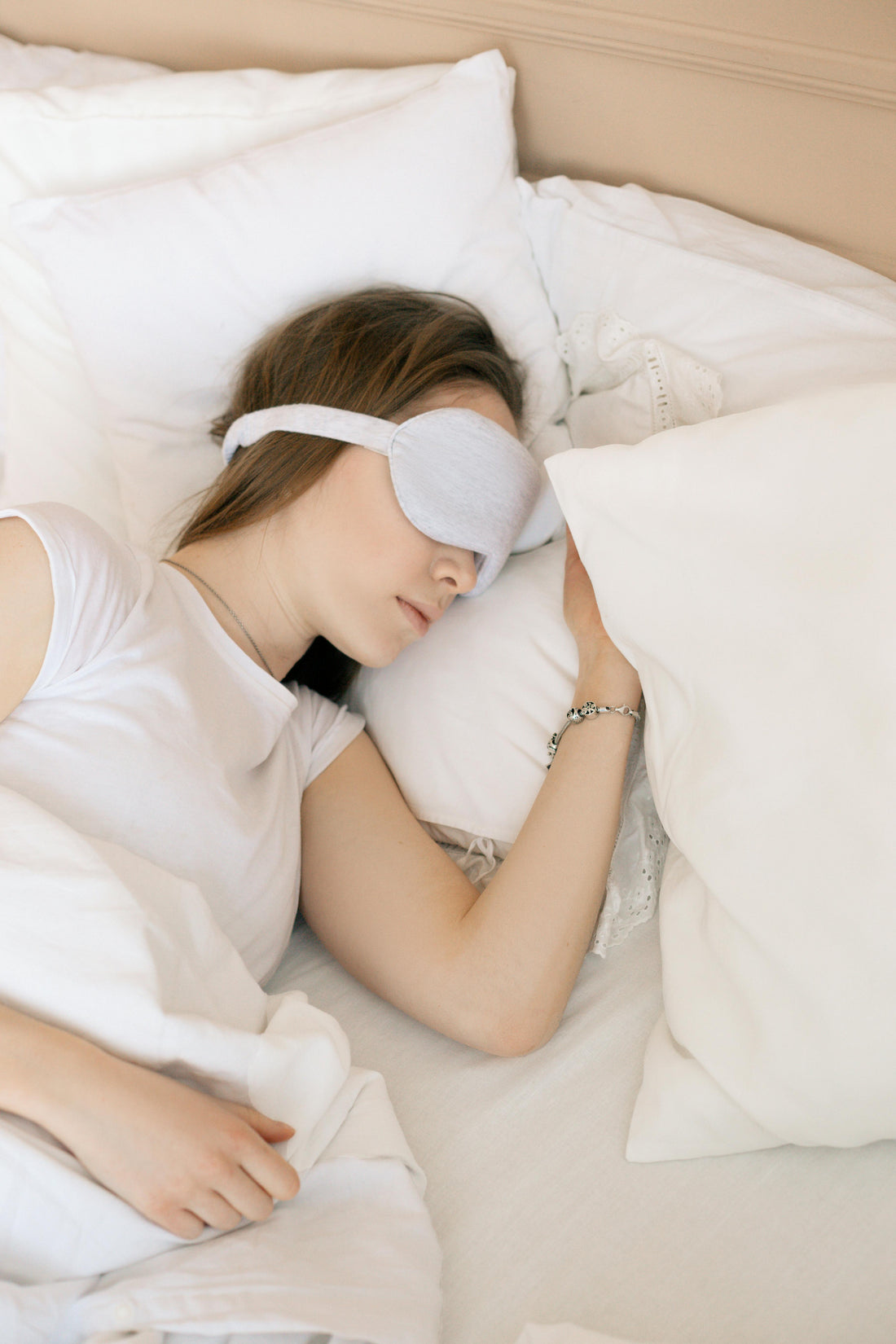How to Sleep Better?
A good night’s sleep is essential for maintaining overall health, improving mood, and boosting productivity. However, many people struggle with getting quality sleep. This article provides in-depth insights on how to sleep better, exploring lifestyle changes, dietary adjustments, and natural remedies to enhance sleep quality and promote restfulness.
Understanding Sleep
Sleep is a complex biological process essential for the body to repair and restore itself. It involves various stages, including light sleep, deep sleep, and REM (Rapid Eye Movement) sleep, each playing a vital role in maintaining physical health, cognitive function, and emotional well-being.
Why Is Sleep Important?
Sleep is crucial for:
- Physical Health: Sleep allows the body to repair tissues, strengthen the immune system, and regulate hormones.
- Cognitive Function: Quality sleep improves memory consolidation, problem-solving skills, and learning abilities.
- Emotional Well-Being: Sleep helps manage stress, balance mood, and reduce the risk of mental health issues like anxiety and depression.
How to Sleep Better?
Improving your sleep quality involves making adjustments to your lifestyle, diet, and environment. Below are some effective strategies to help you sleep better.
1. Establish a Consistent Sleep Schedule
Going to bed and waking up at the same time every day helps regulate your body’s internal clock. Consistency reinforces your sleep-wake cycle and can help you fall asleep faster and wake up feeling more refreshed.
2. Create a Relaxing Bedtime Routine
A calming bedtime routine signals to your body that it’s time to wind down. Consider activities like:
- Reading a Book: Choose something light and relaxing.
- Taking a Warm Bath: Raising your body temperature before bed, then allowing it to cool down, can trigger sleepiness.
- Meditation or Deep Breathing: Practicing mindfulness meditation or deep breathing exercises can reduce stress and promote relaxation.
3. Optimize Your Sleep Environment
Your sleep environment plays a significant role in the quality of your sleep. Consider the following adjustments:
- Keep the Room Cool: A slightly cool room, around 65°F (18°C), is ideal for promoting sleep.
- Reduce Noise and Light: Use blackout curtains and earplugs or white noise machines to block disruptive noises.
- Comfortable Bedding: Invest in a good mattress and comfortable pillows. Use The Pod Company’s Ice Pods to cool down if you are prone to feeling too hot at night, as cooling can promote better sleep.
4. Be Mindful of Diet and Nutrition
What you eat and drink can have a significant impact on your sleep quality.
- Avoid Stimulants: Caffeine and nicotine are stimulants that can interfere with sleep, especially if consumed in the afternoon or evening.
- Light Evening Meal: Eating a heavy meal too close to bedtime can cause discomfort and indigestion, making it harder to fall asleep. Opt for a light dinner at least 2-3 hours before bed.
- Sleep-Inducing Foods: Incorporate foods that promote sleep, such as bananas (high in magnesium), almonds (rich in melatonin), and chamomile tea (a natural sedative).
5. Manage Stress and Anxiety
Stress and anxiety are leading causes of sleep disturbances. Here’s how to manage them for better sleep:
- Practice Relaxation Techniques: Meditation, yoga, and progressive muscle relaxation can help calm the mind and prepare the body for sleep.
- Journaling: Writing down your thoughts before bed can help clear your mind of worries, allowing you to relax.
6. Stay Active During the Day
Regular physical activity can promote better sleep by reducing stress and improving sleep quality. However, avoid vigorous exercise too close to bedtime, as it may have the opposite effect and keep you awake.
7. Limit Screen Time Before Bed
The blue light emitted by phones, tablets, and computers can interfere with your body’s production of melatonin, the hormone that regulates sleep. Limit screen use at least an hour before bed, or use blue light filters if you must use electronic devices.
How Cold Therapy Can Help You Sleep Better
Cold therapy can help improve sleep quality by lowering your core body temperature and triggering a more restful state. Using The Pod Company’s Ice Pods as part of your evening routine can help relax muscles, reduce inflammation, and prepare your body for deeper sleep. The cooling effect can also be particularly helpful for those who find themselves overheating during the night, which is a common sleep disruptor.
Common Sleep Disruptors and How to Avoid Them
- Irregular Sleep Patterns: Staying up late or sleeping in on weekends can disrupt your natural sleep rhythm. Try to stick to a consistent schedule.
- Alcohol and Heavy Meals: While alcohol may initially make you feel sleepy, it can disrupt sleep later in the night. Avoid consuming alcohol close to bedtime.
- Stress and Overthinking: Practicing mindfulness and using relaxation techniques can help you reduce stress and prevent your mind from racing at night.
When to Seek Medical Advice
If you’ve tried these strategies and still struggle with sleep, you may have an underlying sleep disorder like insomnia or sleep apnea. Persistent difficulty falling asleep, staying asleep, or waking up too early may require medical evaluation and treatment.
Conclusion
Learning how to sleep better involves creating healthy habits, optimizing your sleep environment, and addressing both physical and emotional factors that may be affecting your rest. By incorporating a consistent sleep schedule, mindful relaxation techniques, and optimizing diet and exercise, you can significantly improve your sleep quality.
Adding cold therapy with The Pod Company’s Ice Pods can further enhance sleep quality by reducing nighttime overheating and promoting a calming effect. Remember, small and consistent changes can lead to long-term improvements in your sleep, helping you wake up refreshed and ready to tackle your day.



